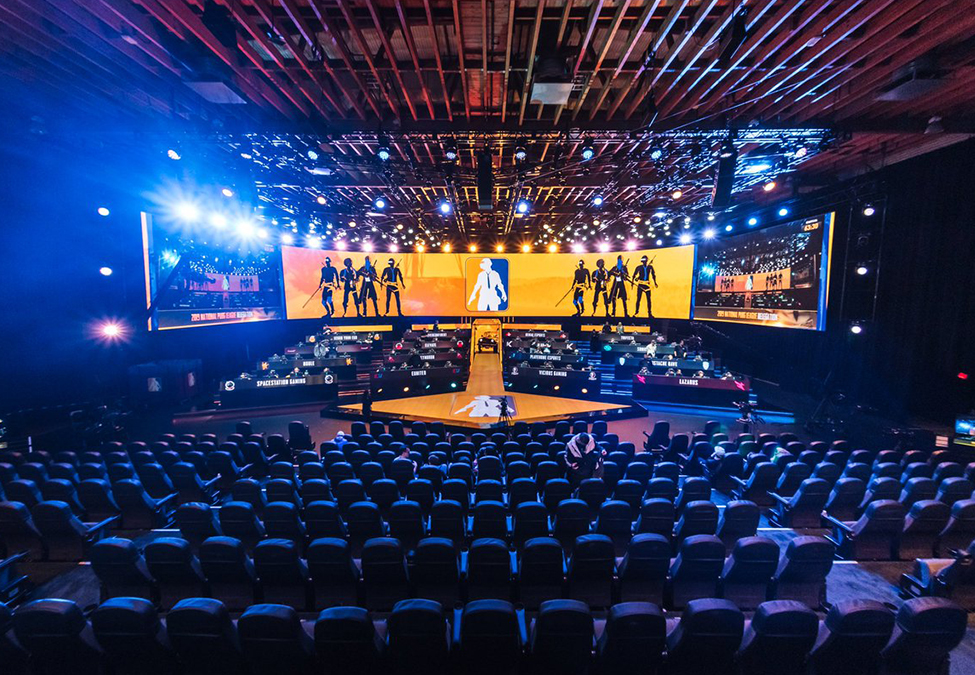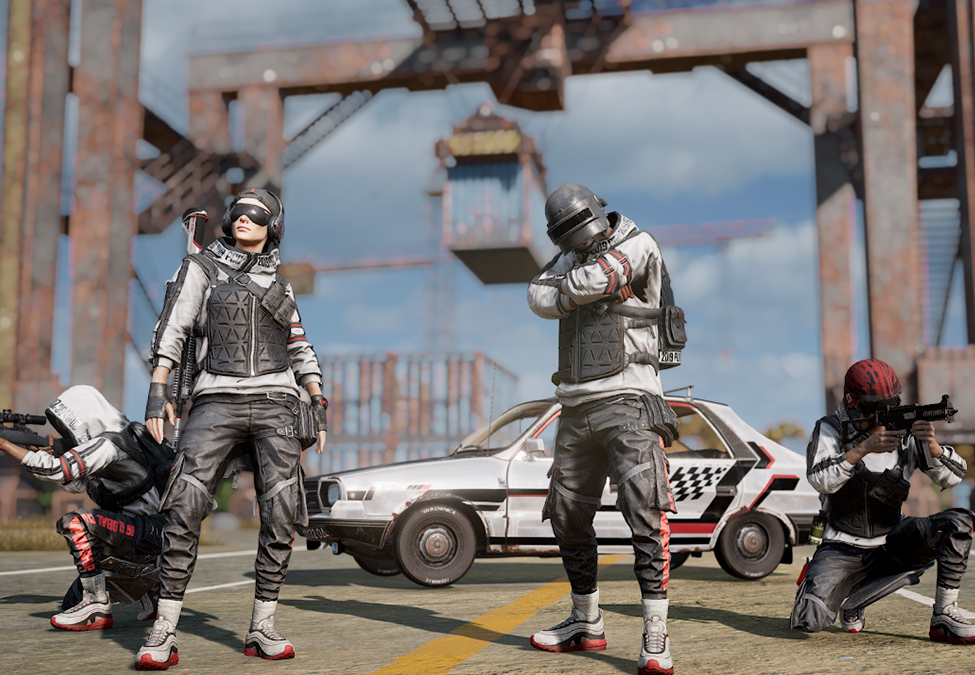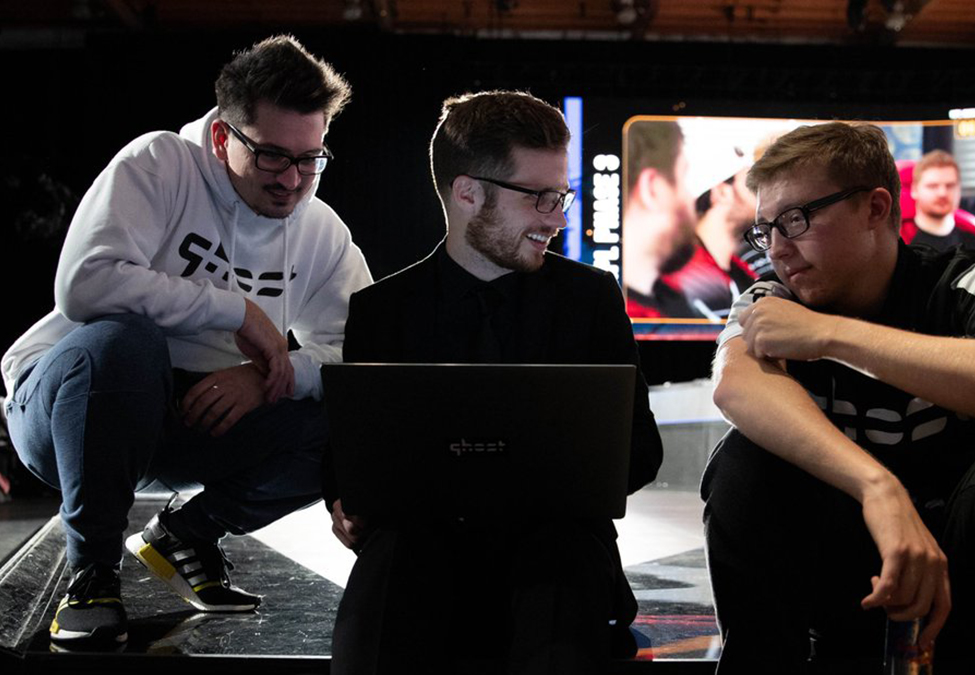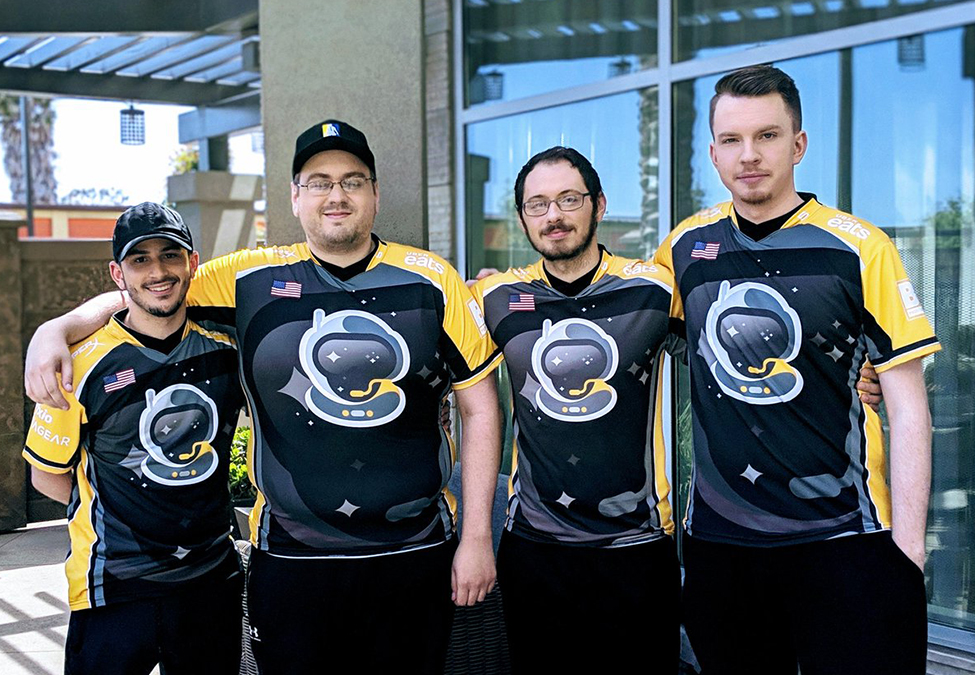PUBG has had a rough couple of years when it comes to esports, with prominent organisations investing in a team and competing, only to simply withdraw their presence down the line.
There are many reasons that could lead to a withdrawal from a title, from it not being commercially viable, to a lack of developer support and communication, to a reconsideration from an organisation as to the direction they want to head in.
To reduce the amount of speculation needed, Esports Insider spoke with Matt Dillon, CEO of Ghost Gaming, and Shawn Pellerin, Co-owner of Spacestation Gaming, about their experiences in PUBG and why they ultimately left the game.

To start things off, we felt it was necessary to address the situation of broken promises. We reported about the cancellation of branded in-game items for the PUBG Global Championship in October last year, but what if that wasn’t the only instance of such a let-down?
“Most people are aware that in January 2019, prior to the start of the National PUBG League, that PUBG Esports made the announcement that any team that qualified for the Global Championship would receive custom in-game skins,” Dillon explained. “Based on skins sales and revenue sharing for PUBG Global Invitational, I expected our share of that to be at least $50,000.
“Beyond that, we were promised, or at least pitched, a much more robust offering of in-game items custom for each team. The original time frame for that should have been Phase 1, which was then pushed to Phase 2, and again changed to what became the NPL league items.”
Pellerin echoed Dillon’s statement in an independent conversation, giving credence to the claim. “We were promised they would build a full organization set including weapon,” he told Esports Insider. “They did say it wouldn’t hit Phase 1, but guaranteed it Phase 2, that was eventually pushed to whoever qualified for PGC, but never ended up happening.”
Another important element of the aforementioned report about the cancellation of PGC items was the lack of communication. Team owners received an email about the project being scrapped but it was never formally announced to the public, instead simply revealing that PGC itself would have its own branded in-game products.

That itself begs the question, what was communication like with those behind the National PUBG League – the official North American competition – for the entire year?
“Terrible,” said Dillon. “Teams often went weeks waiting for substantive responses from league reps. I know of one instance in which an NPL team continually asked for 6 weeks for a NPL rep to sign a letter in support of a P1 Visa. Personally, I had a pretty good working relationship with the league and could count on timely responses. However, that was generally after bad news came down. There wasn’t a lot of communication and coordination ahead of announcements to coordinate with teams in the league.
“I do want to say that I do not think the blame lies entirely with NPL staff,” he assured. “I think they were neutered by PUBG Central (Korean leadership) and not given any agency to make decisions in the best interests of the NPL.”
Again, Pellerin’s answer to that question paints a similar picture in which communication was lacking, but not through a lack of trying on the organisation’s behalf. “Communication was non-existent,” he affirmed. “Alex Penn, who was in charge of NPL, never replied to emails – even after multiple attempts. We first tried to make contact with him multiple times in 2018 before NPL started but only was able to get a response the week before NPL started, that was the only contact we had with PUBG esports team throughout our two years in the scene.”
“Most of the information about the league or NPL jacket & bat was through leaks on Twitter and never through PUBG Corp., we never were able to give feedback on anything,” Pellerin concluded on that subject.
If communication between organisations and PUBG’s dedicated esports team was lacking, perhaps it was made up for in support throughout all three phases of the National PUBG League’s first – and only – annual season?
“The support was minimal,” Dillon said. “The housing stipend was $60,000. However, that was not enough to cover costs for housing the team and coach. There was little to no coordination to support teams’ marketing efforts around the league. Even simply retweeting Ghost Gaming’s PUBG tweets from the PUBG Esports account was difficult.”

“There was minimal support from PUBG Corp. throughout, they failed to create a sustainable ecosystem that could support players and teams competing,” added Pellerin. “There were some players who went the full year with no way to earn anything financial besides small amounts of prize money. Players and teams were always left in the dark.”
So, naturally, both Dillon and Pellerin decided to withdraw their investments and efforts from PUBG esports – even before it was publicly announced that the National PUBG League would no longer exist in 2020 and onwards.
Though they saw out the remainder of the 2019 season by completing the third and final phase, that’s not to say that the decision to leave was made so late in the year. We asked them about when they decided to take a step back and the conclusive reasons as to why, to get a better picture of the decision process and the viability of PUBG as an esport from their perspectives.
“I started thinking about exiting PUBG in June or July 2019,” Dillon explained. “By that time I had decided that if I didn’t personally act and attempt to effect major change with PUBG esports then no one would. I organized NPL and PEL teams in several calls, to gather teams’ concerns and from there built out and modeled a new league structure for the NPL. I had two meetings at PUBG HQ in Santa Monica regarding the proposal and several calls and emails to follow up.
“Unfortunately, I did not receive any substantive response to the proposal,” he continued. “Finally, I co-signed a letter with another CEO of an NPL organization to PUBG, detailing our concerns for the league and its future, along with requests for a seat at the table to have input on the direction of PUBG esports. That letter went ignored. I never received any follow up or acknowledgement of the letter. That combined with a parade of horribles – including reneging on the in-game skins – made continuing to support PUBG untenable.”

Pellerin’s answer demonstrates that the decision was ultimately down to communication, or a lack thereof. Spacestation Gaming remained in the NPL until the very end, though the decision was made months in advance.
“We decided to withdraw from PUBG when we had heard rumors that the league was no longer being supported online by OGN, this was never told to us by PUBG Corp.,” Pellerin explained. “We wanted to exit after Phase 2 but didn’t want to put more stress on the players we had been supporting so we decided to continue for Phase 3.
“OGN was great and I don’t feel they had any negative impact on the scene, they always replied and kept us up to date with current information around the NPL league as it was happening.”
With a host of organisations of leaving PUBG in addition to Ghost Gaming and Spacestation Gaming, players are lacking organisational support and that makes playing competitively even harder from a financial and logistical standpoint.
Keeping that in mind, we asked Dillon what it would take for him to re-enter and contribute to the scene once again. “That’s difficult to say,” he said. “I could certainly see Ghost acquiring a team in 2020, however the scale at which we would invest in the game would be markedly different. Our previous PUBG team were all employees, with health and retirement benefits, housed the team at our HQ, paid for all food and a personal trainer to ensure physical fitness for the team. I do not envision that scenario again, without contractual commitments to revenue sharing and in-game items, and that is just scratching the surface on what I’d want from PUBG.
“If we were to be in the game it would be an absurdly small investment (players would likely receive less than $1,000 per month) and would not receive the same focus or effort from Ghost to elevate the game. The game is back to its status right after launch in 2017.”
[maxbutton id=”12″ ]
